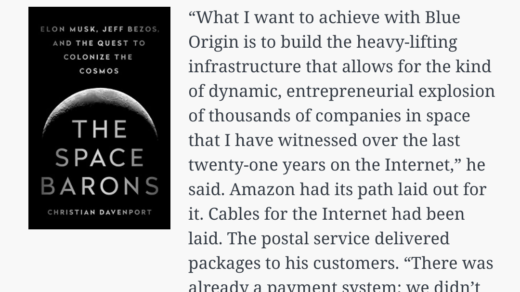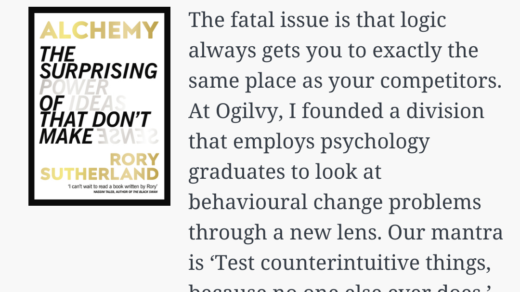As much as academic institutions may seek earmarked funds from government, they discourage the earmarking of funds from donors, so as to leave themselves freer to spend the money entrusted to them for whatever they feel like spending it on. When both campus amenities for student and faculty research are subsidized by government, the taxpayers are in effect paying for academic institutions to compete against one another for relative prestige, an essentially zero-sum competition. While the results of some research is valuable to society at large, many knowledgeable people inside and outside the academic world have complained that much—perhaps most—of the research is of little value to anyone beyond those who must pad their résumés to advance their careers. Since so much of this research is subsidized by government, foundations, and other outside sources, there is little check or limit on how far to carry the research, such as would apply in the case of a business which had to make sure that the return on its investment in research covered the costs of the research. There is also little economic constraint on a university’s output of students with degrees, since the inability of college or university graduates to get jobs in some fields is their problem, not the problem of the institutions that awarded their degrees. In a number of fields, complaints that students receiving their Ph.D.s find it difficult to get jobs in their professions have been made for years—sometimes decades—without any reduction in the numbers of Ph.D.s awarded by universities to accommodate supply to demand. At one time, there were more than a hundred applicants for every teaching position in history, and even more in English and philosophy.
On one hand, there is always the argument that without funding of institutions, things like the internet wouldn’t have happened. For instance, the famous anecdote is that the internet (at least part of the building blocks) was created by government researchers in the United States.
On the other extreme hand, I don’t think its unreasonable to assume that universities can kind of end up in a “dick measuring contest” when competing against others in terms of prestige to attract the best students. Just imagine how much donations your university (even our local ones) constantly ask for to build bigger and better facilities. However, how much do these facilities actually contribute to the quality of our education and how much are just for posturing to attract the best students.
That is why I think we shouldn’t bound ourselves too tightly to any specific ideologies, and recognise incentives and the limits of human rationality in various situations. It is possible that without government funding, some form of the internet wouldn’t have been created. Obliquity is when indirect positive outcomes can happen when we’re in pursuit of certain goals. It is also the case that without commercial incentives, the internet wouldn’t have been what it is today. (Though some might argue that social media has brought about more social bad then good, but that’s an argument for another day.)



